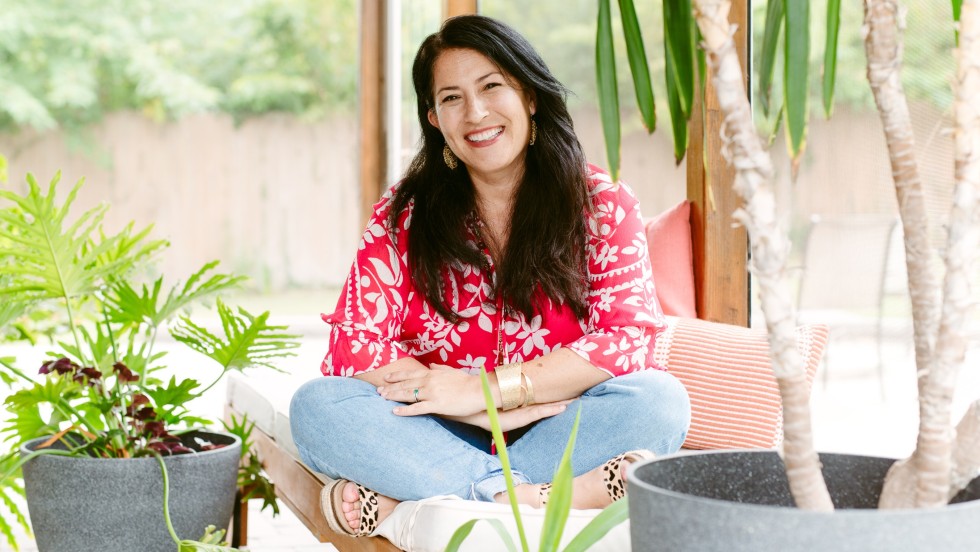U.S. Poet Laureate Ada Limón to Speak at Stonehill College
A conversation with Limón before her campus address as part of the Chet Raymo Literary Series.
Stonehill College will welcome Ada Limón, the 24th U.S. Poet Laureate and the first Latina to hold the title, to the McCarthy Auditorium on Tuesday, January 30 at 7 p.m. The winner of the National Book Critics Circle Award for Poetry will offer a lecture as part of the Chet Raymo Literary Series. Named after a beloved Stonehill faculty member, the annual event brings significant writers of poetry, fiction or non-fiction to Stonehill to share their work.
“I’d love for people to come away with the idea that poetry can be welcoming, down to earth, and deeply connected to the human spirit,” Limón said about her upcoming talk. “I’d also love for attendees to realize that the language of poetry and the language of the natural world are woven together by music, wonder and attention.”
In preparation for her visit, we recently sat down with Limón to talk about connecting with nature, leading with heart, choosing an artistic life and more.
Professor Emeritus of Physics and Astronomy Chet Raymo has written 18 books on science and nature. As the poet laureate, your project “You Are Here” focuses on how poetry can help connect us to the natural world. Why do you feel drawn to explore the topic of nature in your art?
Nature was one of my first teachers. I remember going to the creek across the street from my first house growing up and learning to study the surface of the water, what was beneath, how it changed in the seasons. It felt essential to witness something so mysterious and so overlooked. For me, witnessing nature, in even the most urban settings, reminds me that I am a part of something larger, I am an animal on the planet, and I am not the center of anything. Nature makes me feel small, in the best and most useful way.
You’re visiting Stonehill College during our milestone 75th academic year. The theme of this celebration is “75 Years Leading with Heart.” In what ways do you lead with heart in your work?
Almost everything I write, every line of every poem, is written on a deep instinct. Craft and skill are only valuable if instinct leads first. And what is instinct if not following your heart? The pull toward expression and praise or grief and rage, all of that is in the heart. Trusting the heart, listening to the heart, that is an essential part of who I am as an artist, as a human.
Thus far, you’ve written six books of poetry. What is your process? Are there any rituals you must undertake to help center yourself before you write?
I ask myself, first and foremost, if the poems are true, do they mean something to me, do they matter to me? Once I know that the poems are as a part of me as my own memories, my own body, then I know a book is coming. The biggest thing I can do is make room for silence then. To stop doing and start receiving. When I begin to listen closely to the world, the poems come. That’s how all my books come, not by forcing or by rigor, but by stillness, making room for a silence so loud, you can hear all the world’s music singing back.
Do you have any advice for students interested in pursuing a career in the arts?
One of the most beautiful things about choosing a life in the arts is that it’s not about choosing a career, it's about choosing a life of attention. I think it’s important to choose the arts that you love and devote yourself to them, but I want to emphasize the value of pursuing many different interests. Do it all and do some of it well and some of it poorly. Failure is a great teacher. So is laughter. All of life will inform your art, whatever it is. And never value your art over your own well-being. This is a long game. If you're flourishing, your art will flourish too.
